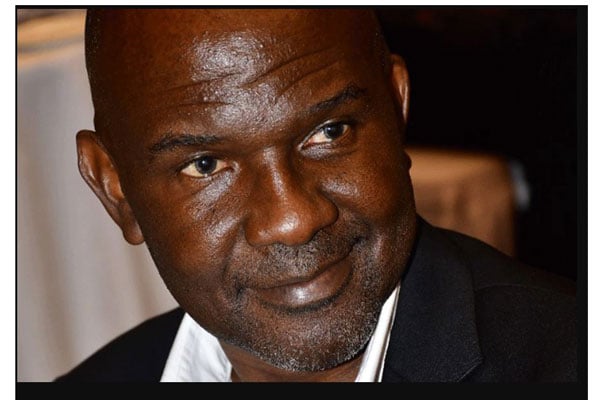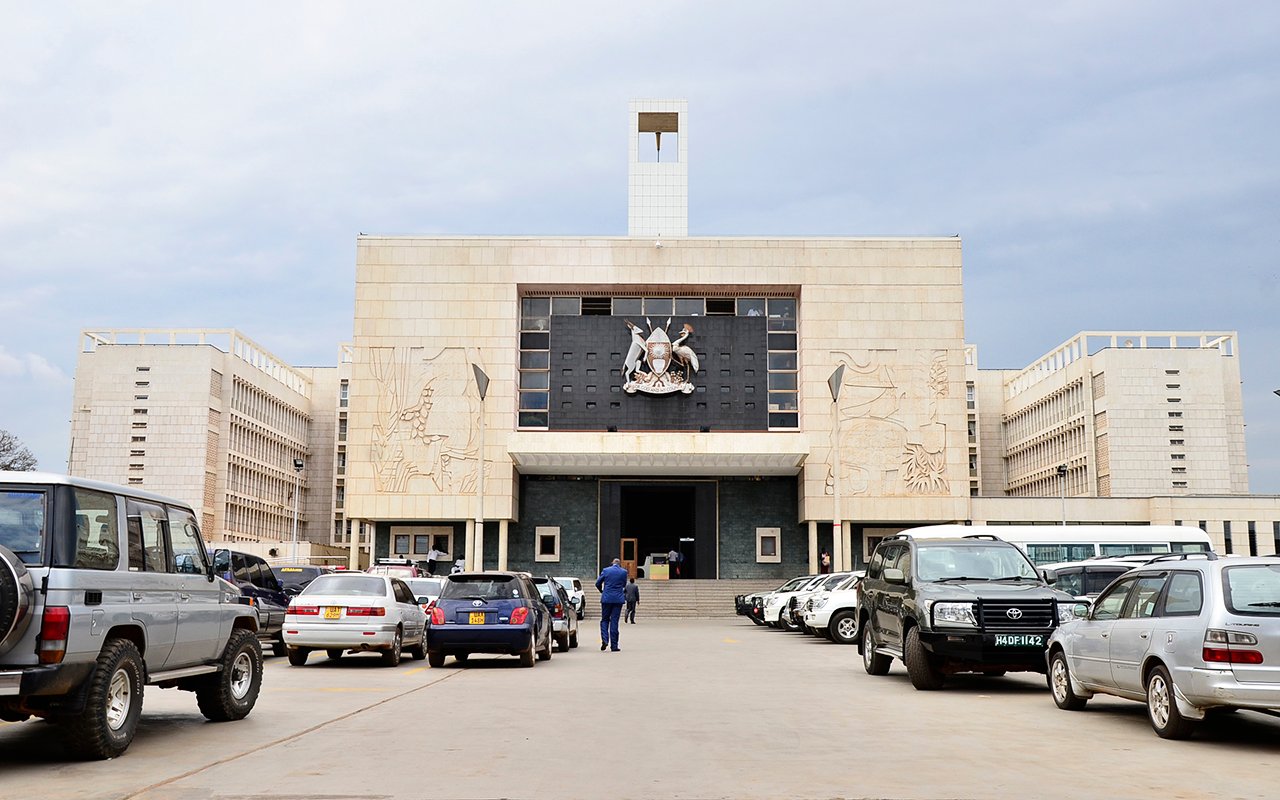Prime
Chris Obore; ‘stray dog’ groomed by a lack of support for journalism

Mr Nicholas Sengoba
What you need to know:
- To keep people like Obore in the media, societies support journalism by buying newspapers. 100,000 copies a day is possible for 45 million people yet we struggle to hit 10,000 copies. So the media depends on the government it criticises, for funding through adverts.
In the ongoing #UgandaParliamentExhibition that aims at exposing alleged corruption in the 11th Parliament, Chris Ariko Obore stands out.
Obore was formerly a very courageous critical journalist in the newspapers and a popular pundit on both radio and television. He broke many stories as he set his sights on the NRM government, the State, President Museveni, his family, acolytes and most institutions of government that habitually abuse power. He stood up for ordinary people in very remote places.
Then in August 2015 Obore joined Parliament as the Director of Communication and Public Affairs. Last week Obore entered a line of those who claim they are dogs that intend to protect the NRM government, its associates and related interests. There was the late John Mwesigwa Nagenda, a bull dog.
Tamale Mirundi, an attack dog, and Judith Nabakooba, a barking dog for the President and his family. Obore says he is a German Shepard for the Speaker and Parliament. Interestingly all have an association with journalism. Journalism in Uganda has gone places no doubt. But in many instances when push comes to shove, it is still a dog’s life. The long hours. Meagre pay. Lack of job security from bad employers. Threats from State operators and lawless citizens with the force of impunity etc. Many have strayed away at the slightest opportunity to go into all sorts of areas where they defend corruption, and environmental degradation; things they hitherto vehemently reported against.
Many look back and screenshot Obore’s angry posts from 10 years ago. They refer to ‘the Obore of those days’, who spoke truth to power but has now ‘sold out’. Some derogatorily call him ‘Ndyanabo,’ which in Runyakitara means one who eats with them.
The Obore of ‘those days’ is one I had the chance of walking with at some point and he made me appreciate a side to Uganda in a special way. Ugandans are good people when things are going well. Otherwise there is an incorrigibly selfish, mean public spirit that drives many of us and our actions.
Obore, the victim of the wars in Eastern Uganda where he lost relatives, had a sense of resilience in the fight for justice and fairness.
He was also very angry and passionate at the same time for the abuses the NRM government visited on the people of north and north eastern Uganda in the 80s and 90s.
Then Obore at one time had personal family challenges that his salary and allowances would not take care of. He needed financial help and not just moral support because these were life and death issues. After going through his circle of friends and colleagues he reached out for support and many of the people he criticised came in handy like friends indeed.
Now the ones who claim that Obore has let them down by getting ensconced with those whom he criticises previously were nowhere to support their dog that was poking the back side of the leopard. In fact, some people started accusing him of taking ‘brown envelopes,’ otherwise how would a mere journalist manage those challenges.
When Obore was ‘eased out’ of the media and onto the streets, many of those calling him a sell-out did not bother to protest and threatened to boycott the media for muzzling their dog. They simply moved on with their lives.
I have had many people suggesting and volunteering information on what to write about the status quo. All of them without exception end by pleading not to be quoted because ‘these people’ may harm their children or kill them or get them fired from their job.
In their estimation the journalist or activist is a human shield whose life is not as valuable as theirs. Many of these people don’t even buy the newspaper like the man I met who ‘complained’ that he no longer sees my by-line in the Sunday paper yet I have never written there.
The same applies to political struggles for democracy. In November 2020 during the demonstration following the arrest of NUPs Kyagulanyi Sentamu, aka Bobi Wine, someone callously commented that the problem he had with Uganda’s Opposition from the days of FDC’s Kizza Besigye is that they only lead demonstrations for a few days and ease the pressure. He said this gives the ‘dictator’ breathing space yet if they had gone on for months like it happened in the Arab spring change would definitely come.
What our man did not appreciate while he was safely seated in his office, on that day alone, officially 54 people were killed and nothing happened to the killers. The dead did not include his children or relatives.
I also recall when Timothy Kalyegira was arrested for computer misuse. You did not see crowds holding placards somewhere near court crying out for his rights.
When a search for a lawyer began in earnest no one would touch our man even with a long pole.
Everyone knows that with the State capture almost all the lucrative business has a link to the powers that be. Associating with critics is a potential risk to future business. Only Foundation for Human Right Initiative (FHRI) an NGO, which like many is heavily criticised, instructed a most good hearted man; top human rights lawyer Ladislus Rwakafuzi who eventually got Kalyegira off the hook. The irony is that when Rwakafuzi suffered a stroke you did not have people interested in democracy falling over each other to help him. It is these small gestures that keep people going.
To keep people like Obore in the media, societies support journalism by buying newspapers. 100,000 copies a day is possible for 45 million people yet we struggle to hit 10,000 copies. So the media depends on the government it criticises, for funding through adverts. It also implies that the Obores are not well paid yet they have to pay school fees for their children as they risk their lives. So they stray when chance comes.
Same applies to democracy. The reason why people in Egypt stayed at Tahrir Square in 2011 and brought down the government of Hosni Mubarak is that many found water and bread to sustain them there, not just empty talk about democracy. So our activists either cave in like the Rubaramira Rurangas and Nobert Maos or they simply give up. Obore is gone. It’s time to look for another dog to work under terms and conditions that are devoid of caring for those who stick out their necks.
Twitter: @nsengoba




